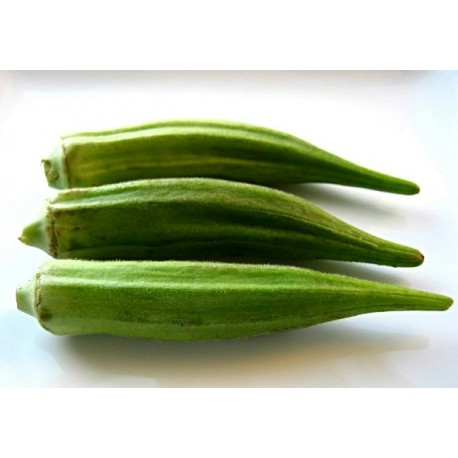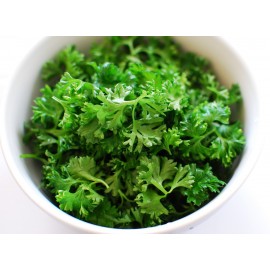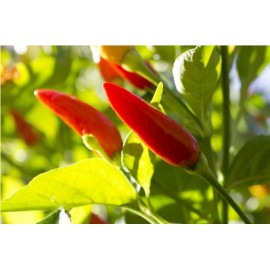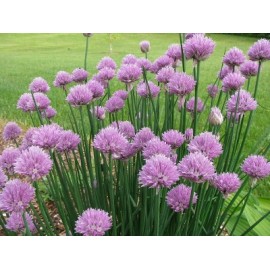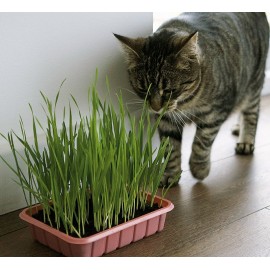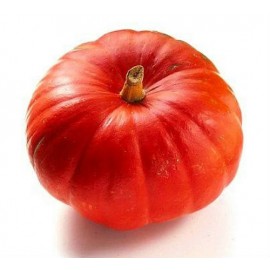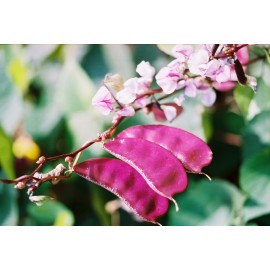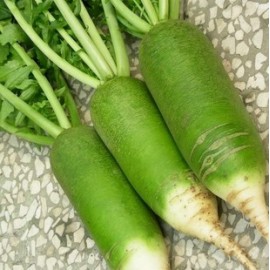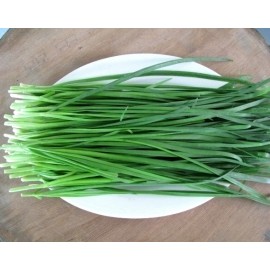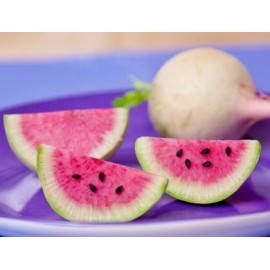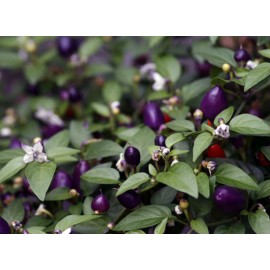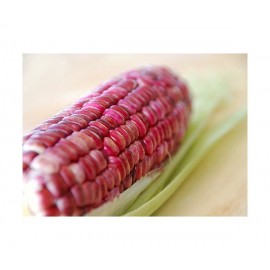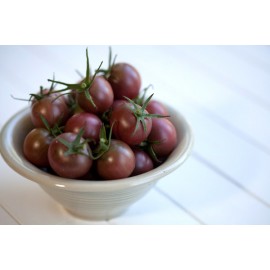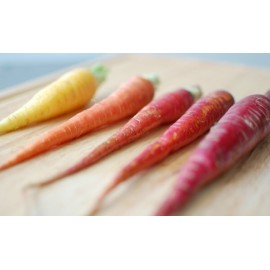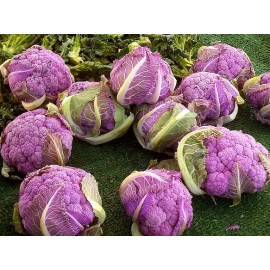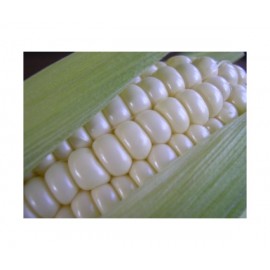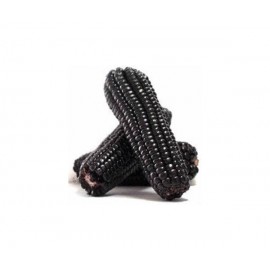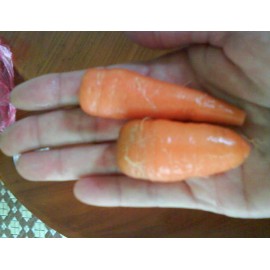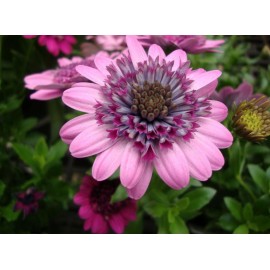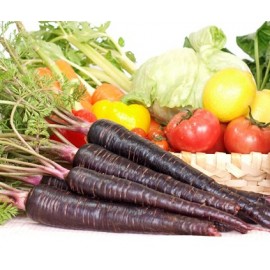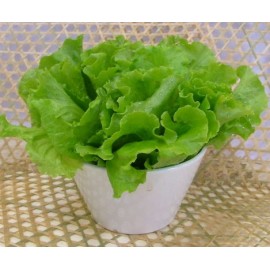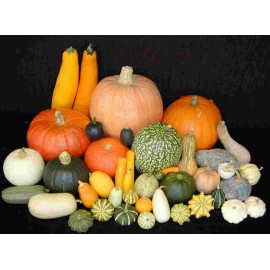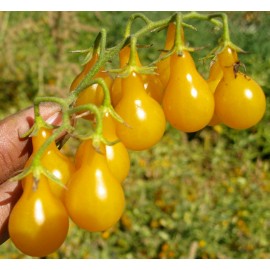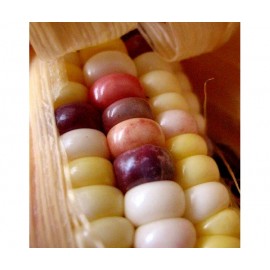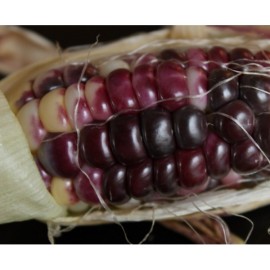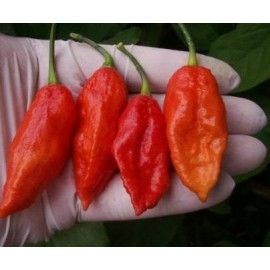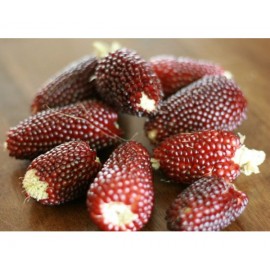Product successfully added to your shopping cart
Quantity
Total
There are 0 items in your cart. There is 1 item in your cart.
Total products (tax incl.)
Total shipping (tax incl.) To be determined
Total (tax incl.)
Continue shopping Proceed to checkout
- Home
- Categories
-

Tree & Shrubs
-

Vines & Groundcover
-

Edible
-

Vegetable Seeds & Fruit Seeds
-

Ornamental
-

Flower Seeds (Annuals)
-

Annuals
We offer a variety of the main annual flower seeds. Every year we spend is available in both seeds and plants from home gardening, seedarea most trusted names. Find your favorite flower seeds and plants. f you want to buy annual flower seeds. Please click on the various category seeds project. -

Perennials
We offer a variety of the main perennial flower seeds up to 300 kinds of species. Every year we spend is available in both seeds and plants from home gardening, seedarea most trusted names. Find your favorite flower seeds and plants. f you want to buy flower seeds. Please click on the various category seeds project ,or click perennial flower seeds Category. -

Rose seeds
Roses from seed culture takes a little time, though not easy to do, but a sense of great success. Our Rose seeds can be purchased online, and in the project have pointed out the need attention to help you better planting. If you want to buy rose seeds. Please click on the various category rose seeds project. -

Herb
Herb Seeds and Plants Culinary and medicinal herb seed. Our herb seeds often grow to be plants with higher yields. Most thrive in containers. Mixed into flower and vegetable gardens, herbs add valuable interest. Of course, the exceptional fragrance, color, texture, and fine flavor of fresh herbs from your home garden.
-
- Products
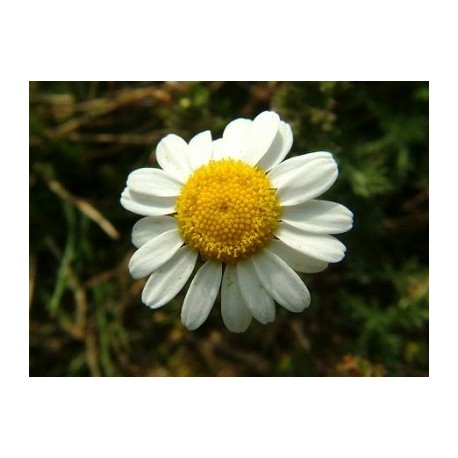
Chamomile - Seeds
Chamomile - Seeds Quantity: 400 Bulk Seeds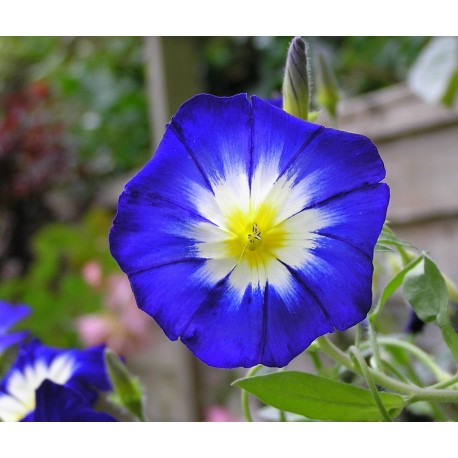
Convolvulus - Seeds (Morning glory - seeds)
Convolvulus - Seeds (Morning glory -seeds) Quantity: 150 Bulk Seeds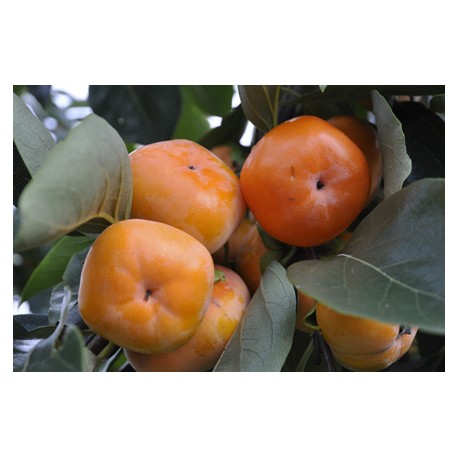
Asian Persimmon (Coco Taste) - Seeds
Asian Persimmon (Coco Taste) - Seeds QAntity: 30 Bulk Seeds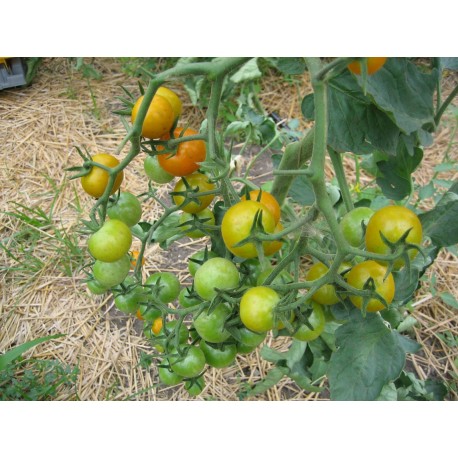
Cherry tomotoes (Yellow / Gold) - Seeds
Cherry tomotoes (Yellow / Gold) - Seeds QAntity: 600 Bulk Seeds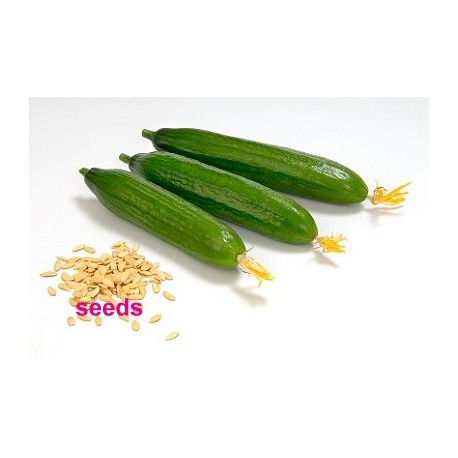
Cucumber - Seeds
Quantity: 50 Bulk Seeds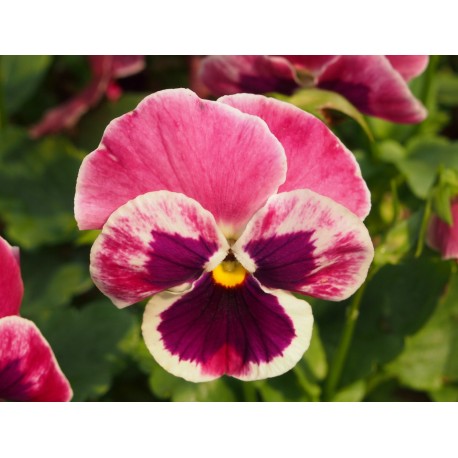
Viola F1 (Red and Yellow) - Seeds
Viola Seeds (Red and Yellow) Quantity: 150 Bulk Seeds
- Brands
- About us
- Blog

